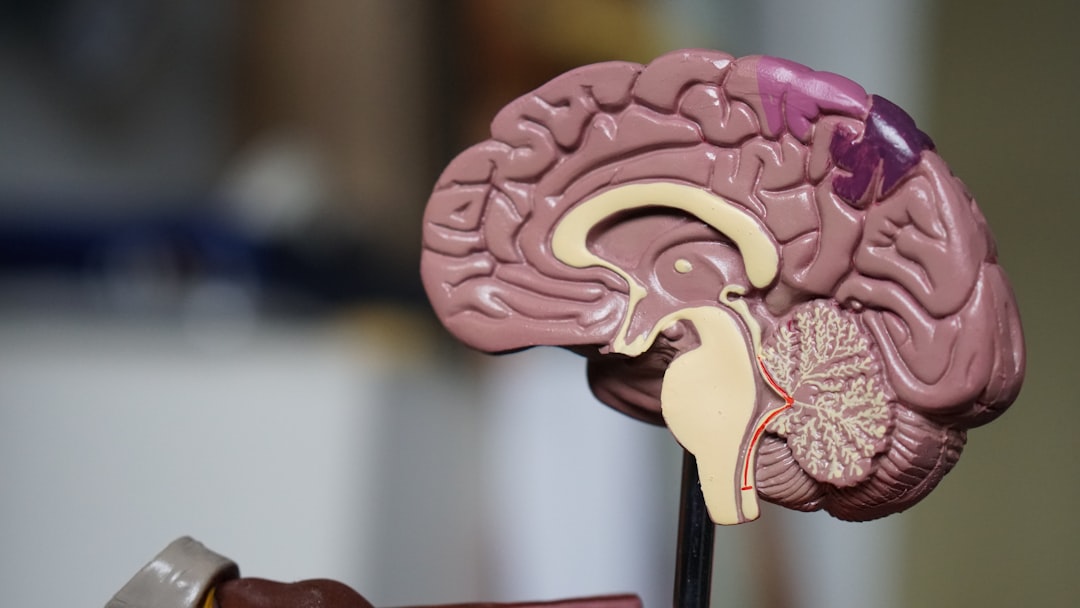Traumatic brain injuries (TBIs) can have a significant impact on an individual’s cognitive functions, including their decision-making capacity. Decision-making capacity refers to the capacity of an individual to make informed and rational decisions about their own personal or financial matters. When a person sustains a TBI, it can affect their ability to think clearly, process information, and weigh the consequences of their actions. This can have serious implications for their decision-making capacity and may require the need for decision making capacity assessments.
One of the key cognitive functions that can be affected by a TBI is executive functioning, which includes skills such as planning, problem-solving, and decision-making. When these functions are impaired, individuals may struggle to make sound decisions and may be more susceptible to making impulsive or irrational choices. Other cognitive functions such as memory can also be impacted on, and this can affect on an individual’s capacity to make decisions. These difficulties can have serious consequences in both personal and professional settings, as individuals may struggle to manage their own affairs or make important decisions about their healthcare or finances.
A decision to formally assess an individual’s capacity should always be specific to the decision or decisions at hand, and start from a presumption of capacity. A person’s decision-making capacity is determined by their ability to understand information relevant to the decision and its effect, retain the information to the extent necessary to make the decision, use or weight the information as part of the decision making process, and communicate the decision and their views and needs (by speech, gestures or other means). Capacity is specific to domains which include personal and lifestyle, finances, and healthcare. Capacity is also time specific – as capacity for an individual might fluctuate depending on their condition.
In order to assess an individual’s decision-making capacity following a TBI, healthcare professionals may conduct a series of assessments to evaluate their cognitive functions and ability to make informed decisions. Decision-making capacity assessments are important in determining whether an individual has the capacity to make decisions independently or whether they may require assistance or support in managing their affairs. It is important to recognise that the impact of a TBI on decision-making capacity can vary depending on the severity and location of the injury. Individuals with more severe TBIs may experience significant impairments in their decision-making capacity, while those with milder injuries may only experience temporary difficulties.
Assessing capacity is complex and multidimensional, and can be affected by a range of factors. Clinicians who are experienced in assessing cognition and capacity, such as neuropsychologists are typically called on undertake a formal capacity assessment
In summary, traumatic brain injuries can have a profound impact on a person’s decision-making capacity, affecting their ability to make informed and rational decisions about their own personal or financial matters. When needed, Decision Making Capacity Assessments can help healthcare professionals evaluate an individual’s cognitive functions and capacity to make decisions following a TBI, allowing for tailored treatment plans and interventions to support their recovery and independence.
For more information visit:
Delta Neuropsychology Melbourne
https://www.deltaneuropsychology.com.au
Find out more about Delta Neuropsychology’s fees and payment policies.

